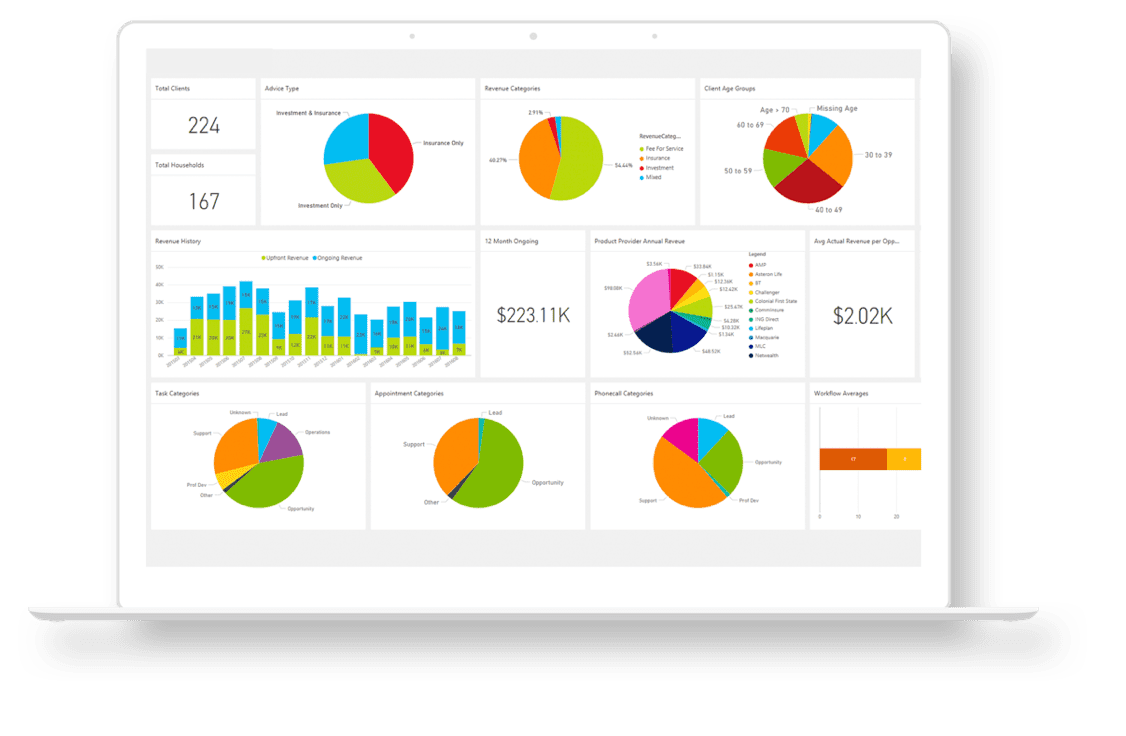A series from Fin365 documenting our use of Microsoft’s Copilot technologies in our own business. Post #9: Microsoft Copilot Studio

“What you have learned is that the capacity of the plant is equal to the capacity of its bottlenecks.”
– Eliyahu M. Goldratt (The Goal)
Curious about why we would compare a financial planning business to a manufacturing plant?
Download our free white paper:
‘Maximising (Profit) Flow
in a Financial Planning Practice.’
Enhance Business Performance
Increase Your Profit
Fin365 has been designed to improve the profitability of your business by:
> Improving your efficiency
> Intelligently tracking business revenue
> Reducing software costs
Enhance Team Performance
Fin365 shows team members how their efforts relate to overall business performance, helping everyone operate more effectively.
> Intelligent activity management
> Integrated project management
> Referral partner specific reporting
Improve Customer Satisfaction
Fin365 includes innovative tools, which encourage your clients to stay committed to the journey, by delivering some instant benefits, including:
> Interactive Client Web Portal
> Customisable Client Reports
> Automated Communications
Reduce Business Risk
Fin365 includes a range of quality control features that help minimise the risk as efficiently as possible.
> Monitor Compliance Requirements
> Track Communications History
> Enforce Business Policies
News
Keep up to date with Fin365 and industry news.
Technology Test Drive – Github Copilot
A series from Fin365 documenting our use of Microsoft’s Copilot technologies in our own business. Post #8: Github Copilot










